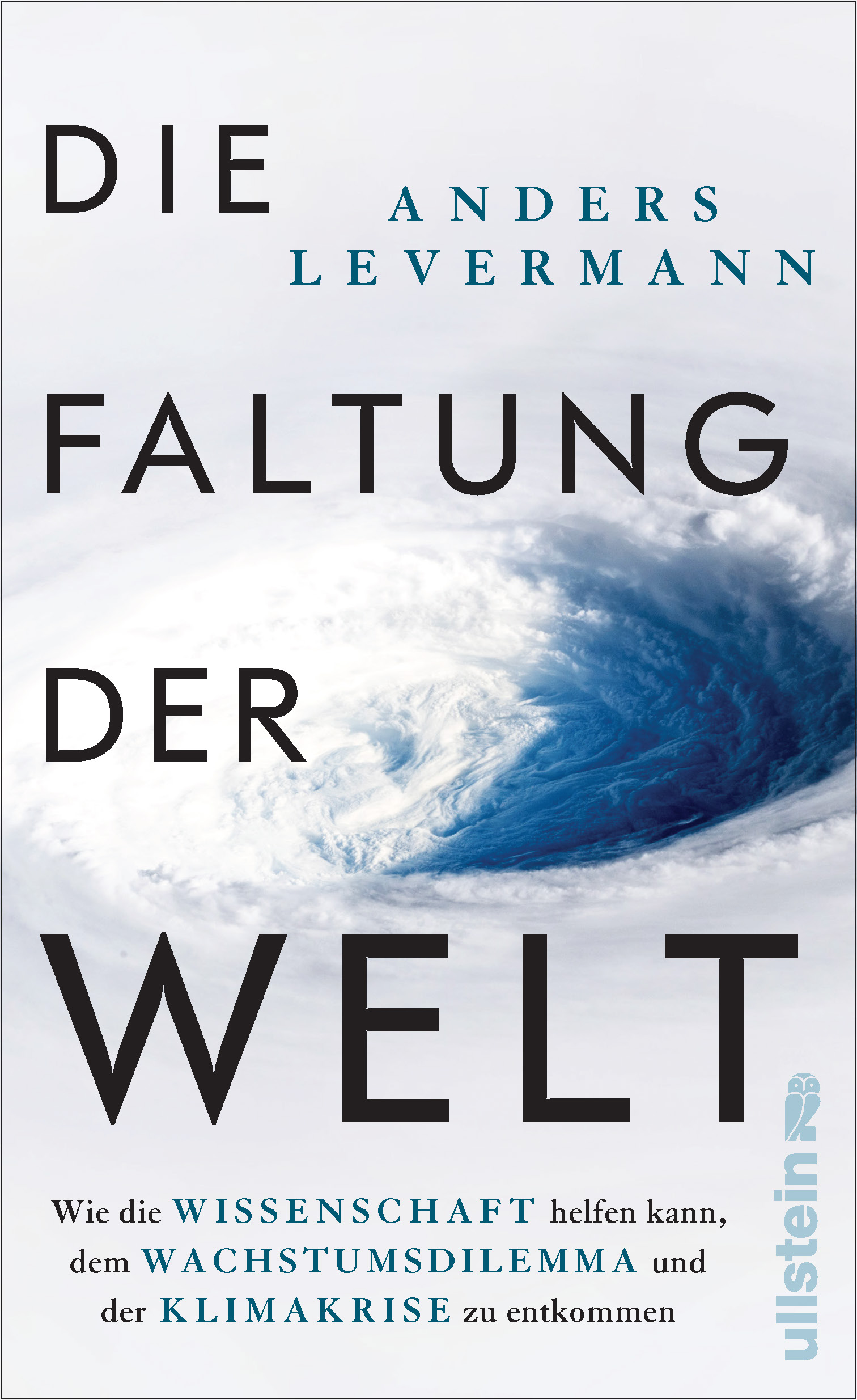|
|
|
|
|
(Hamlet, Shakespeare)
|

|
|
|
|
We are at the end of an age - the age of expansion - and we need a new narrative for the next step. The limitations of our physical Earth collide with the necessity of rapid societal development. Accepting the harsh reality of both, we face a dilemma. The desperate call for renunciation and recession is understandable but counterproductive, because it does not solve the dilemma. The mathematical principle of folding could provide a solution, because it allows for infinite motion in a finite world - through growth into diversity. Not growth into more, but into different - and not theoretically or esoterically but in a very practical, applicable manner - be it with respect to a carbon trading scheme or regarding corporate taxation. Content 1. The growth dilemma 2. The principle of self-amplification 2.1 The principle 2.2 Scales and boundaries 2.3 Delimitation and clustering 2.4 Boundaries we need to respect 3. The folding boundary of climate 3.1 Warm periods and glacials 3.2 Radiation balance and greenhouse effect 3.3 Tipping points and abrupt transitions 3.4 What does not lie ahead of us 3.5 What lies ahead of us 3.6 The jetstream worry 3.7 The freedom of our children 3.8 The climate boundary is zero 4. The direction of progress 4.1 The good in economic growth 4.2 Ways to limit self-amplification 5. The concept of folding 5.1 The mathematical idea of folding 5.2 Safety from chaos 5.3 Folding boundaries 5.4 Folding as an adaptation of the value system 5.5 Folding boundaries as a vision 5.6 The best search engine of the world 5.7 Resolving the dilemma 5.8 Folding as an economic principle and raison d'etat 6. Folding production 6.1 The climate boundary: no more fossil carbon 6.2 carbon dioxide needs a limit and a price 6.3 Folding instead of abstinence 6.4 The solution of the sustainability problem 7. Folding the economy 7.1 Too big to fail 7.2 Boundaries as part of the system 7.3 Growth into economic diversity 7.4 The path towards a diversity economy 8. Folding society 8.1 Wealth pyramide vs tower of power 8.2 Self-amplification in the real estate market 8.3 Exploding wealth endangers our society 8.4 Limit weath explosion via heritage 8.5 Commensurability of income 8.6 Another boundary for enthusiasts: Ultra-Fast-Trading 8.7 The society of folding 9. The path to agreement 9.1 Arguments for capitalists 9.2 Arguments for communists 9.3 Arguments for sustainability 9.4 Arguments for pragmatists 9.5 What we can agree upon Article related to the book The english edition of the book is not yet available. Until then you may find an article explaining the idea and its applications, here (pdf). |
|
Soundtrack of the book "We stick our fingers in the ground,
heave and turn this world around." "You can drive out nature with a pitchfork,
but it always comes roaring back again." "There's no prayer like desire."
"The Earth died screaming,
while I lay dreaming." "You turn kings into beggars -
and beggars into kings." "She's a diamond that wants to stay coal."
"For want of a toy, a child was lost."
"You can always find a millionaire
to shovel all the coal." "Hey-ho, they love the way I do it.
Hey-ho, there's really nothing to it." |
|
Videos related to the book 1 min Video (in German): |
|
30 min Video (in German): |
|
2 h Video (in German): |
|
Responsible for the content: Prof. Anders Levermann, PhD. Contact: presse@ullstein.de and veranstaltungen@ullstein.de |